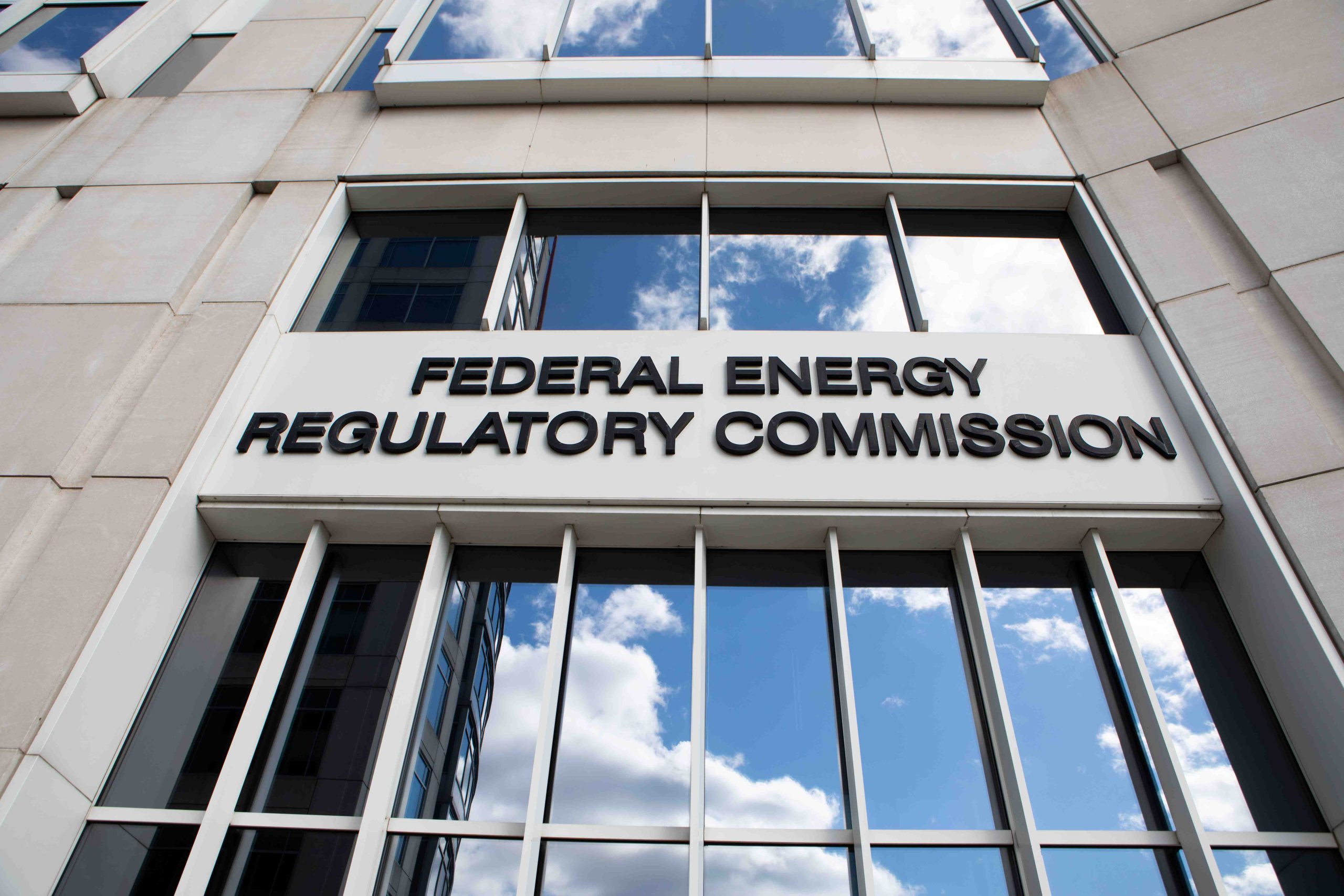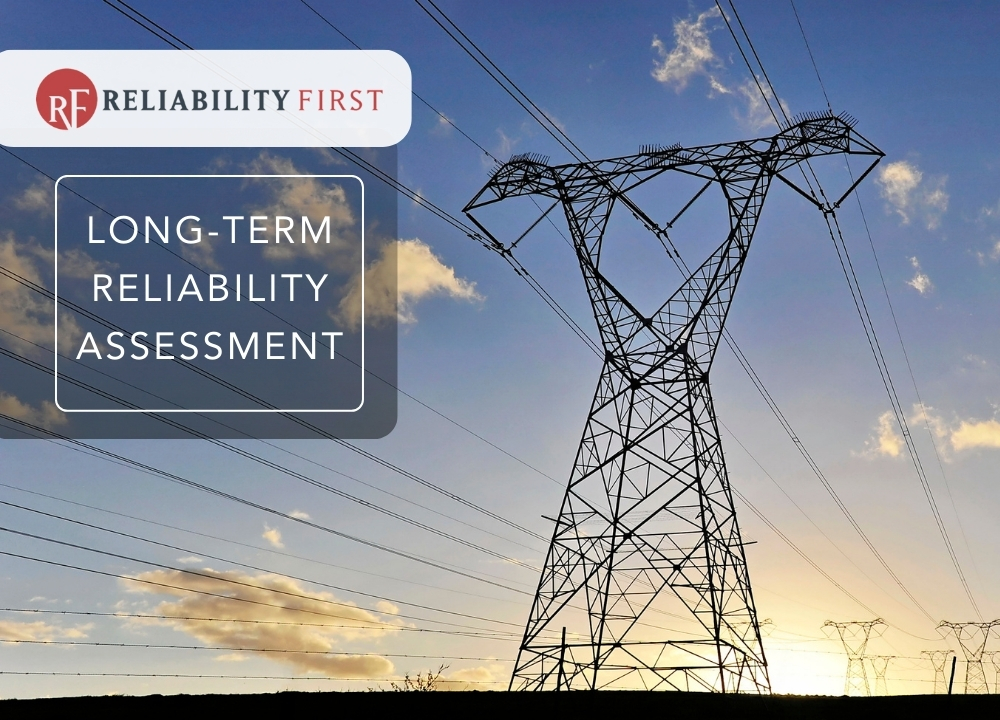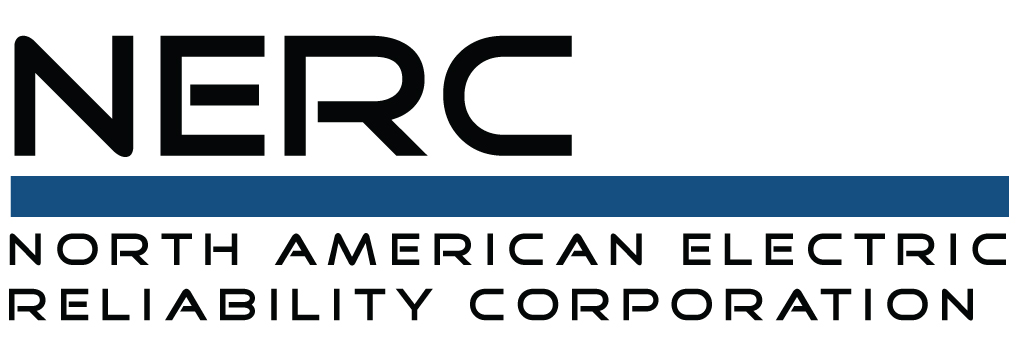
State Energy Insights: January 2025
Grid Reliability and Regulatory Updates from ReliabilityFirst
Upcoming Events

Jan. 16, 10-11 a.m. EST | FERC Open Meeting
The Federal Energy Regulatory Commission (FERC) will hold an open meeting on Thursday, Jan. 16. There will be a webcast link available on the FERC website.
Feb. 10, 2-3:30 p.m. EST | Tech Talk with RF
Join us for a State Energy Policy edition of Tech Talk with RF on Feb. 10 at 2 p.m. EST. Here’s what’s on the agenda:

PJM trends and challenges
Jason Stanek, Executive Director for Governmental Services, PJM Interconnection
Jason Stanek brings experience as chairman of the Maryland Public Service Commission, working as a senior counsel to the Energy Committee of the U.S. House of Representatives’ Committee on Energy and Commerce, and 16 years working in senior positions at FERC. He will discuss the latest trends and challenges PJM is seeing in its footprint.

MISO’s resource adequacy evolution and reliability imperative
Bob Kuzman, Executive Director, External Affairs – Central Region, MISO
Bob Kuzman leads MISO’s operations, customer management and government relations for the organization’s Central Region and brings extensive experience managing relations with stakeholders and regulators. He’s also worked as both a lobbyist and as a state legislator in Indiana. He will discuss MISO’s resource adequacy evolution and reliability imperative.
News & Updates
 ReliabilityFirst Long-term Reliability Assessment highlights resource adequacy risk in MISO, PJM over next 10 years
ReliabilityFirst Long-term Reliability Assessment highlights resource adequacy risk in MISO, PJM over next 10 years
Over the next 10 years, both the MISO and PJM assessment areas within the ReliabilityFirst (RF) footprint project to be at risk of not having enough generation capacity to meet customer demand.
Click here to read RF’s latest LTRA and click here to watch a presentation on the findings from this week’s of Tech Talk with RF.

NERC Long-term Reliability Assessment projects most of electric grid to face resource adequacy challenges over next decade
NERC’s 2024 Long-Term Reliability Assessment (LTRA) projects well over half of North America to be at elevated or high risk of energy shortfalls over the next 5 to 10 years. Escalating energy growth, generator retirements, and barriers to resource and transmission development are some of the major challenges facing the industry that contribute to this outlook.
Read more here.
FERC releases annual report on demand response and advanced metering
FERC staff has released its annual report on demand response and advanced metering, which is required by Section 1252 of the Energy Policy Act of 2005.
As background, FERC defines demand response as “changes in electric usage by [customers] from their normal consumption patterns in response to changes in the price of electricity over time, or to incentive payments designed to induce lower electricity use at times of high wholesale market prices or when system reliability is jeopardized.” Advanced meters facilitate demand response programs because they can measure and record usage data at hourly intervals and provide that data to energy companies.
The report finds that from 2021 to 2022, the number of advanced meters across the U.S. increased by 7.3%, and that advanced meters make up 72% of all meters in the U.S. From 2022 to 2023, about 6.5% of peak demand could be met by demand response resources. The report also discusses state actions related to demand response and advanced metering.
FERC proposes new reliability standards for inverter-based resources
 FERC issued a Notice of Proposed Rulemaking (NOPR) on Reliability Standards for Frequency and Voltage Protection Settings and Ride-Through for Inverter-Based Resources on Dec. 19, 2024. In the NOPR, FERC proposes to approve Reliability Standards PRC-024-4 and PRC-029-1, which NERC submitted in response to FERC directives to establish inverter-based resource (IBR) performance requirements.
FERC issued a Notice of Proposed Rulemaking (NOPR) on Reliability Standards for Frequency and Voltage Protection Settings and Ride-Through for Inverter-Based Resources on Dec. 19, 2024. In the NOPR, FERC proposes to approve Reliability Standards PRC-024-4 and PRC-029-1, which NERC submitted in response to FERC directives to establish inverter-based resource (IBR) performance requirements.
The proposed standards address the risk of inverter-based resources (IBRs) tripping or entering momentary cessation in aggregate. Specifically, PRC-024-4 addresses frequency and voltage protection settings for synchronous generators, Type 1 and Type 2 wind resources, and synchronous condensers. PRC-029-1 establishes frequency and voltage ride-through performance requirements for generator owners of IBRs.

State Energy Insights from ReliabilityFirst: January 2025